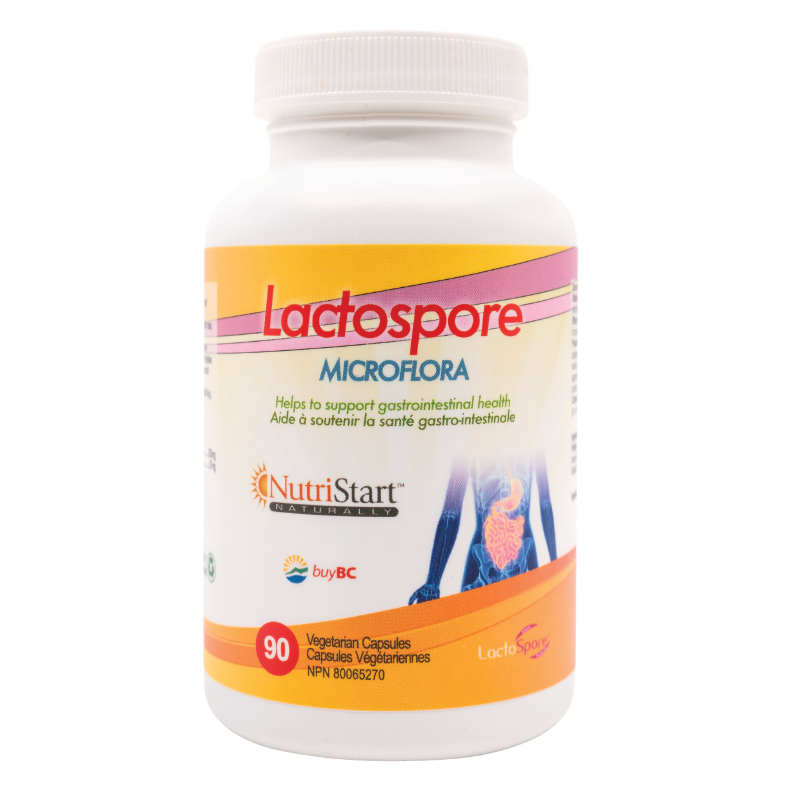
Welcome to NutriStart
Combining the best of science and nature
Your Canadian Supplement Company
NutriStart is dedicated to improving your health and helping you reach your optimal potential. We combine the best of nature and science, using the highest quality ingredients produced to exacting standards based on the latest nutritional research and information.
Founded in 1997, NutriStart has developed a reputation for high quality and affordable nutritional supplements.







